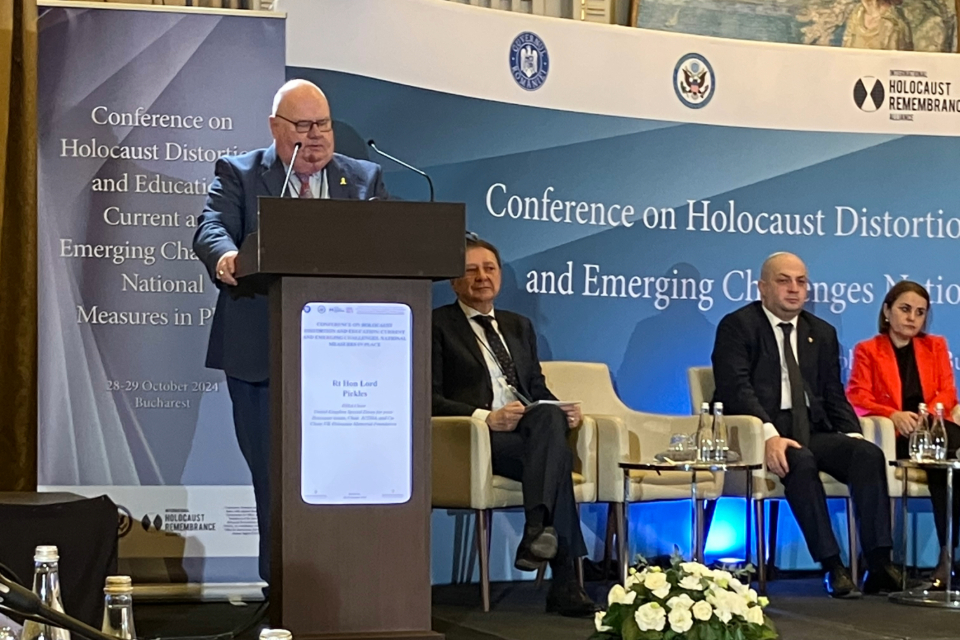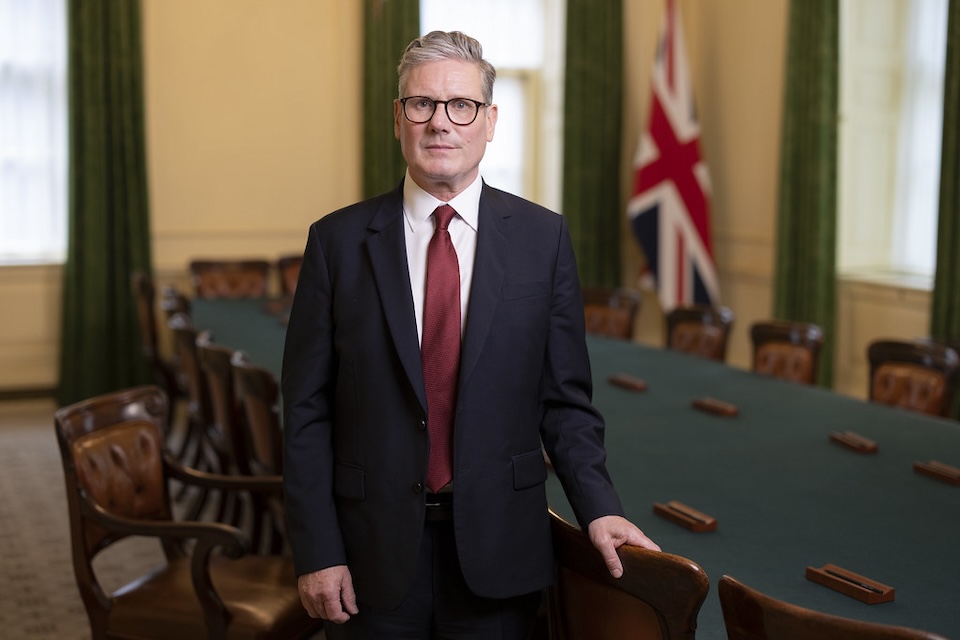- New agreement for civil nuclear collaboration signed by UK and US at COP29 in Baku, helping strengthen energy security
- alliance aims to pool billions in R&D to help speed up deployment of advanced nuclear technologies
- forum will exclude Russia from future nuclear R&D collaborations
The United Kingdom and United States have joined forces at COP29 to speed up the deployment of cutting-edge nuclear technology to help decarbonise industry and boost energy security.
The UK Energy Secretary Ed Miliband and US Deputy Secretary of Energy David Turk have today (Monday 18 November) signed a new agreement while in Baku for climate talks that will help pool together billions of pounds worth of nuclear research and development – including the world’s leading academic institutions and nuclear innovators.
The UK will take a leading role in the forum, which aims to support information-sharing on advanced nuclear technologies and make them available for use in industry by 2030.
New technologies such as advanced modular reactors can help decarbonise heavy industry such as aviation fuel, hydrogen or advanced steel production, by providing low-carbon heat and power. They are also smaller and can be made in factories, making them quicker and cheaper to build.
This will support the commitment made last year at COP28 to triple nuclear energy capacity globally by 2050, with 31 countries signed up including the US and UK.
The UK is reversing a legacy of no nuclear being delivered and moving forward with its advanced nuclear reactor programme and Great British Nuclear’s small modular reactor competition, as well as continuing development of the Sizewell C project. New nuclear will help to secure thousands of good, skilled jobs and support energy independence beyond 2030.
Energy Secretary Ed Miliband said
Nuclear will play a vital role in our clean energy future.
That is why we are working closely with our allies to unleash the potential of cutting-edge nuclear technology.
Advanced nuclear technology will help decarbonise industry by providing low-carbon heat and power, supporting new jobs and investment here in the UK.
As part of this new agreement, the Generation IV International Forum will no longer include Russia – ensuring future collaborations remain among mutually willing parties who respect nuclear safety norms.
The new agreement will come into force from 1 March 2025 and is expected to also be signed by Canada, France, Japan, Republic of Korea, Republic of South Africa, China, Euratom, Switzerland and Australia.







